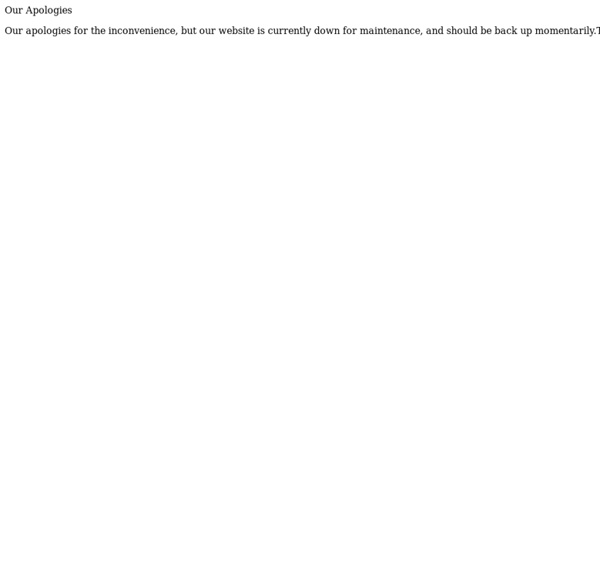What's next for "Google's" Book Rights Registry?
Judge Denny Chin's order came down today; he decided NOT to approve the "Amended Settlement Agreement" (ASA) that would have ended the lawsuit between Google, the Authors Guild, and the AAP. (The decision is only 48 pages, shorter than Chin's senior thesis.) What happens next? There is speculation that the rejection will be appealed; apparently, Chin must give his permission for an appeal to proceed. (update: or maybe not). Another possibility is that the parties will go back and try to renegotiate a new settlement along the lines suggested by Judge Chin.
National Forum on Information Literacy
The overarching goal of k-20 education is simple – to produce independent, self sufficient lifelong learners who can successfully navigate the competitive challenges of post secondary educational and/or workplace opportunities. However, in today’s world, the teaching and learning process for doing so has become extremely complex. Our rapid transformation into a technology driven, information society has dramatically altered the k-16 teaching and learning landscape. And, as a result, the sustainability of our current economic foundation, strengthening our national security, even maintaining the very essence of our democratic way of life depends more and more on producing learners who not only know how to think, but know how to problem solve within a diversified information and communication technology universe.
Electronic Literature: <i>Where</i> Is It? - Dene Grigar
“7. University presidents, provosts, and humanities deans should support the development and use of digital information and technology in the humanities.” (“Reinvigorating the Humanities: Enhancing Research and Education on Campus and Beyond,” Association of American Universities, 2004) Introduction This recommendation concerning the use of digital information and technology in the Humanities is among 10 such suggestions put forth by the Association of American Universities as a way to “reinvigorat[e] the Humanities”.
Library Accessibility - Accessibility, Universal Design, Web Usability & Assistive Technology - LibGuides at University of Hawaii at Manoa
December 2003 Introduction The University of Hawaii at Manoa Libraries (UHM Libraries) are committed to a policy of equal access to their collections, facilities, and services. These policies and procedures ensure that persons with disabilities will not, on the basis of that disability, be denied equal access to library resources. It is the responsibility of all library staff to adhere to this policy of equal access to library resources.
RUcore - Rutgers Community Repository - OpenETD Overview
Title: OpenETD: Open Source Electronic Theses and Dissertations Managment Software Version No: 1.1.0 Version Date: May 10th, 2010 Description: OpenETD is an open source, web-based software application for managing the submission, approval, and distribution of electronic theses and dissertations (ETDs). OpenETD can be used as either a standalone submission system, or it can be implemented as a component of an institutional repository by using its METS/XML export functionality. It provides functions for three different user types: Student, Graduate School Reviewer, and System Administrator.
Federal judge rejects Google book monopoly
The federal judge overseeing the Google Books case dealt a setback to Google and the publishing industry on Tuesday by rejecting a massive proposed settlement. Judge Denny Chin wrote that the latest iteration of the settlement "is not fair, adequate, and reasonable" because it would give Google a de facto monopoly in the book search market and adversely affect the rights of millions of copyright holders. The fight over Google Books has been brewing since Google announced its book-scanning project in 2004. A coalition of authors and publishers sued the following year, and in 2008, a settlement was announced. It has attracted a growing army of critics, including the US government. The settlement is especially controversial because it uses class action law to affect the rights of a breathtakingly broad array of authors and publishers.
A Library in Your Pocket
In Vermont, it was easy to ignore the mobile computing craze until 2009. Before that, AT&T didn’t have a presence here, so we couldn’t purchase iPhones in the state. That all changed last year, and now, barely a day goes by that I don’t see someone checking e-mail, texting, or browsing the web on their iPhone. With the growth of the Android phone market, which uses a Google-based operating system, there are even more options for mobile computing that appeal to mainstream consumers. Mobile devices are becoming difficult for libraries to ignore. In 2009, one-third of all Americans accessed the web through a cell phone or smartphone and 4.1 billion text messages were sent daily.
How the Kindle will change the world. - By Jacob Weisberg
I'm doing my best not to become a Kindle bore. When I catch myself evangelizing to someone who couldn't care less about the marvels of the 2.0 version of Amazon's reading machine—I can take a whole library on vacation! Adjust the type size! Peruse the morning paper without getting out of bed!—I pause and remember my boyhood friend Scott H., who loved showing off the capabilities of his state of-the-art stereo but had only four records because he wasn't really that into music. So apologies in advance if I'm irksomely enthusiastic about my cool new literature delivery system.
library-accessibility.wikispaces
Try Wikispaces Classroom now. Brand new from Wikispaces. guest Join | Help | Sign In



